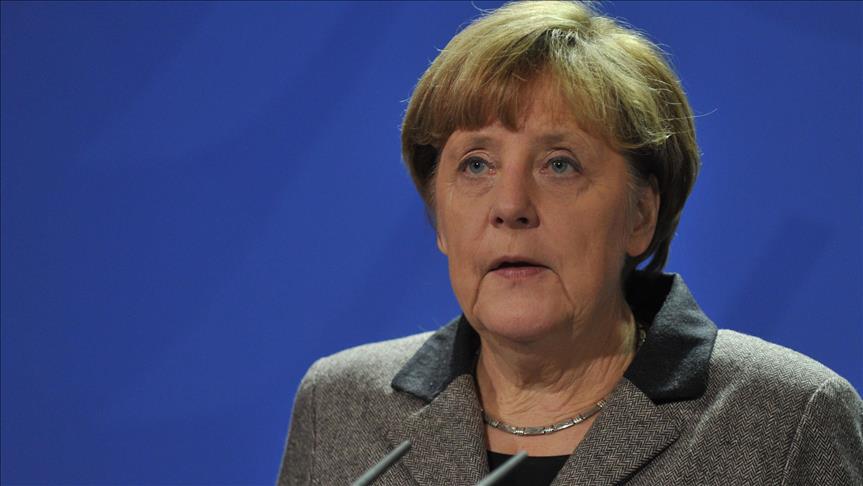
Berlin
BERLIN
Chancellor Angela Merkel and coalition partners agreed on Thursday to make changes in asylum law with the goal of reducing the number of refugees coming to Germany.
Vice Chancellor and Social Democrat Party (SPD) leader Sigmar Gabriel told reporters that leaders agreed on a package of measures and the changes can be promptly approved at the cabinet in the coming days.
“For those who entitled to subsidiary protection, family reunion will be suspended for two years,” Gabriel told reporters.
Subsidiary protection is granted for refugees who are not eligible for "asylum status” under Geneva Convention, as they cannot prove that they escaped from persecution in their home country. They are initially given a temporary residence permit of one year, which can be prolonged later.
Germany has received a record 1.1 million refugees in 2015, many of them were Syrian and Iraqi nationals. Nearly 20 percent of Syrians were granted subsidiary protection.
Coalition partners also agreed on measures to facilitate bureaucratic processes to deport migrants who came to Germany with economic motivations, and were not eligible to subsidiary protection or asylum.
Thursday’s agreement came after weeks long bickering among the coalition partners, especially between the SPD, and junior coalition partner Christian Social Union (CSU).
The southern state of Bavaria, which is ruled by Merkel’s junior coalition partner CSU, sent a letter to the federal government on Tuesday and officially demanded an end to the open-door policy for refugees.
CSU leader and Bavaria’s premier Horst Seehofer asked from the government to limit number of refugees Germany receives to 200,000 annually, and he warned that the Bavarian government will go to the Constitutional Court if the federal government would not change its policy.
Chancellor Merkel has so far defended her open-door policy for asylum seekers who escaped conflicts in Syria and Iraq, and underlined that a solution to the refugee crisis can only be achieved by addressing the root causes of the problem, through cooperation between other EU members and Turkey.
But reluctance of several EU members to accept more refugees, and continued refugee influx have increased the pressure on Merkel, ahead of elections in three German states in March.
The surge in refugee numbers in Germany has been exploited by far-right and populist parties, and triggered anti-refugee sentiments, especially in the eastern states of the country.








